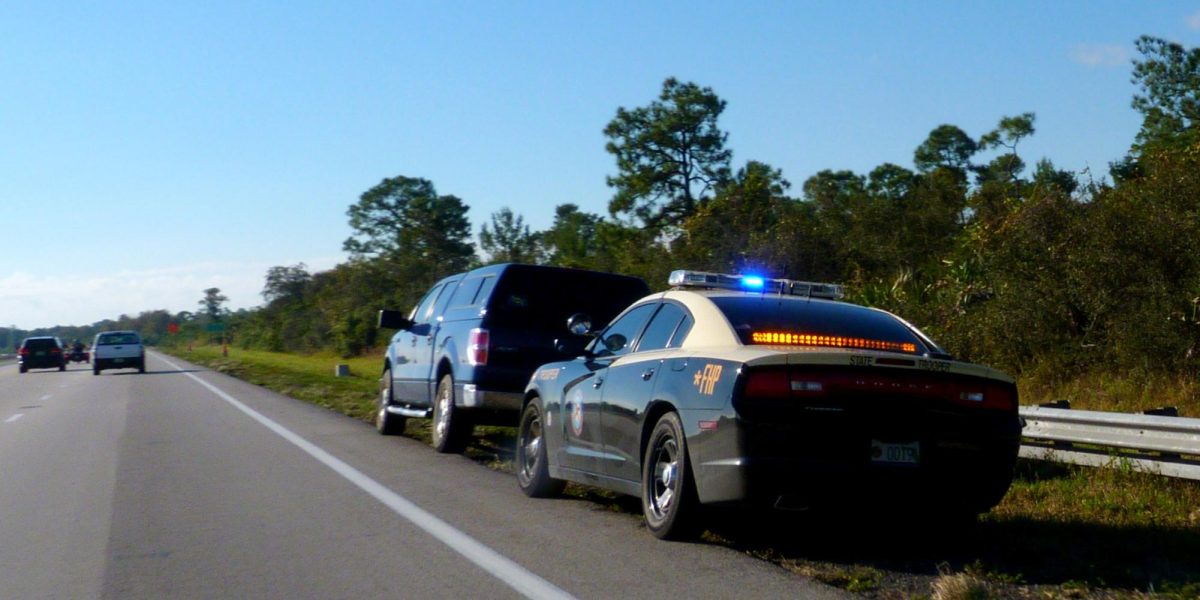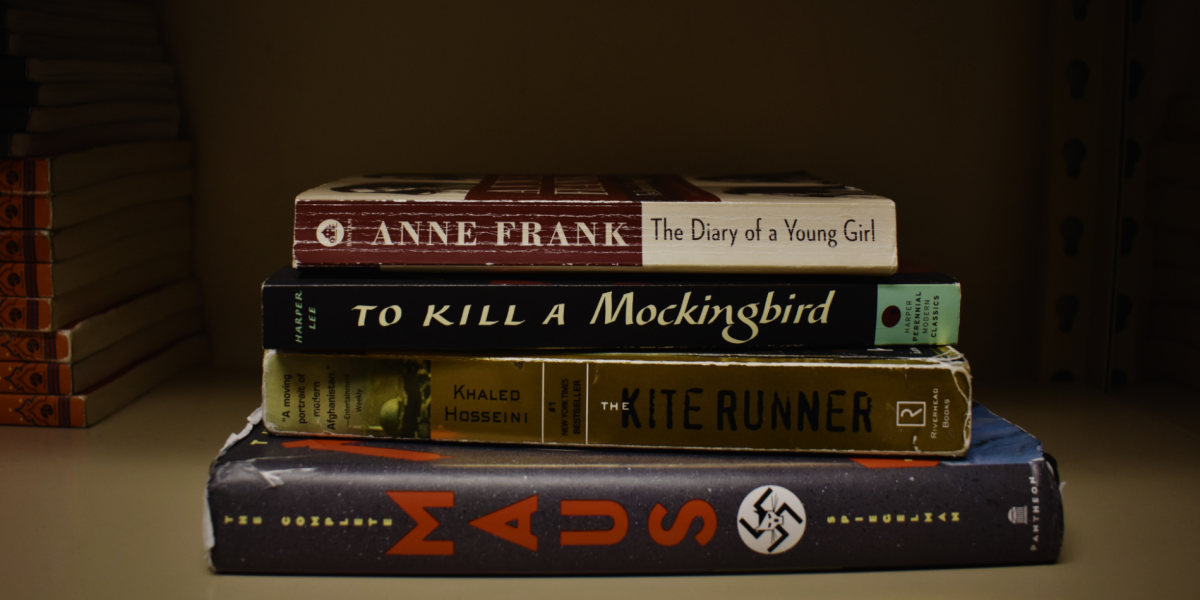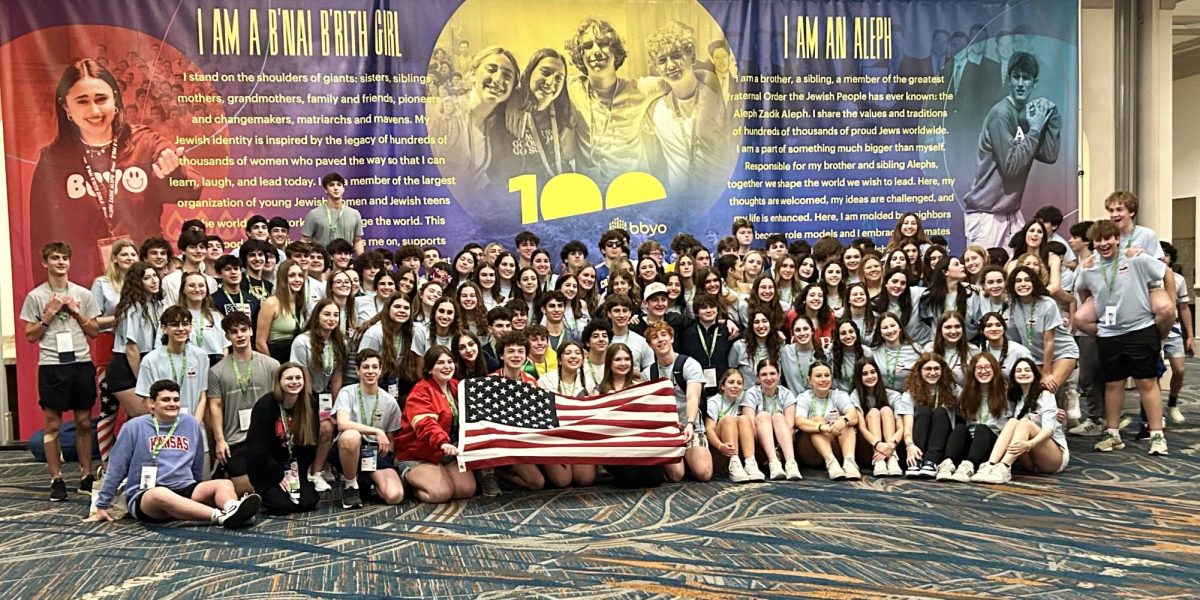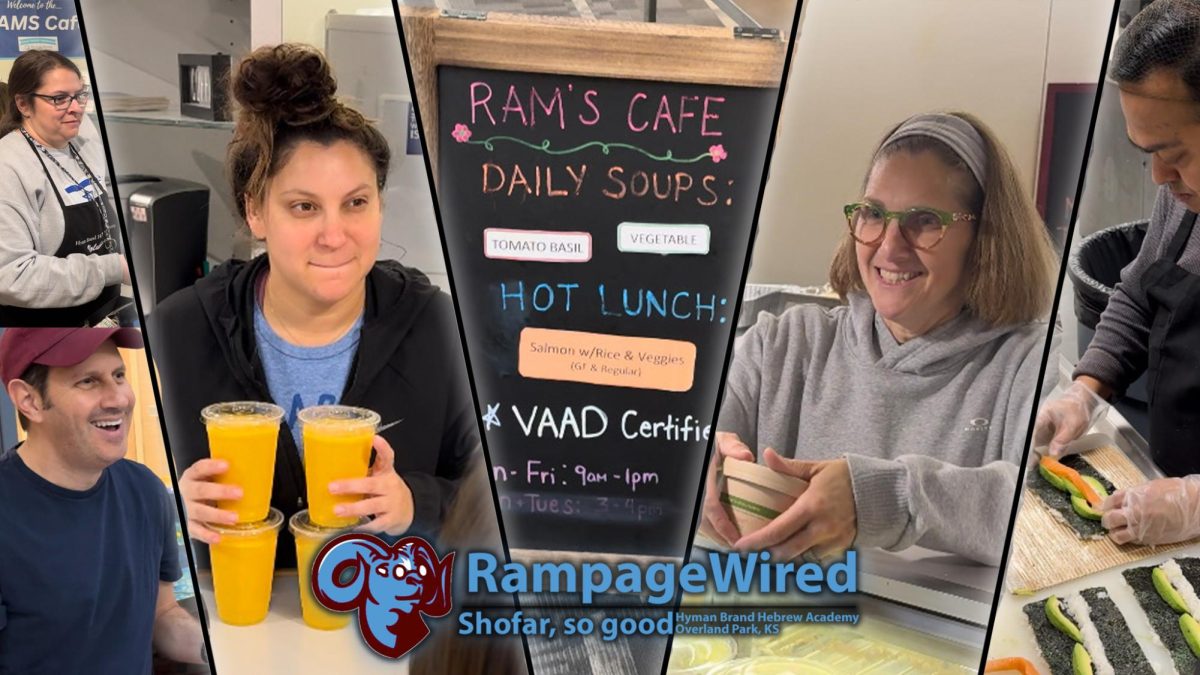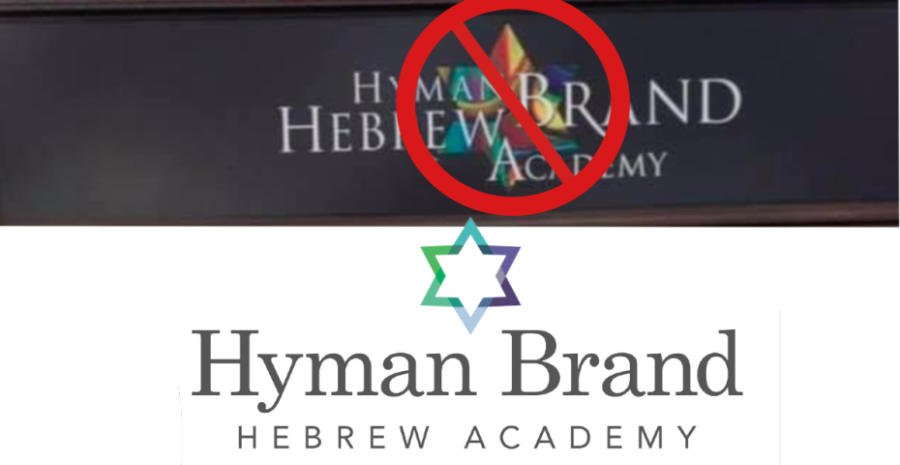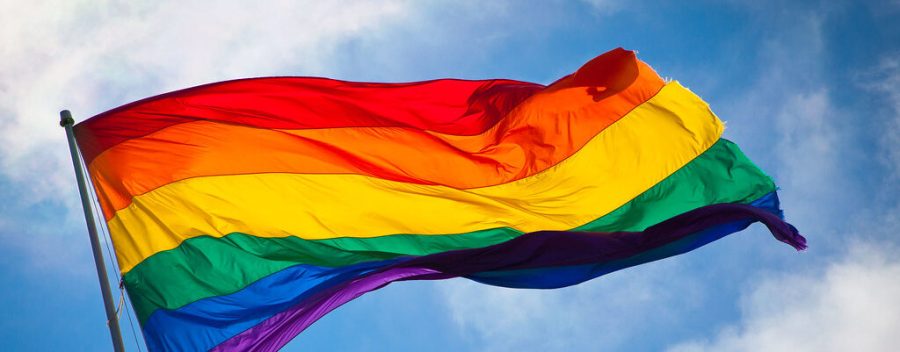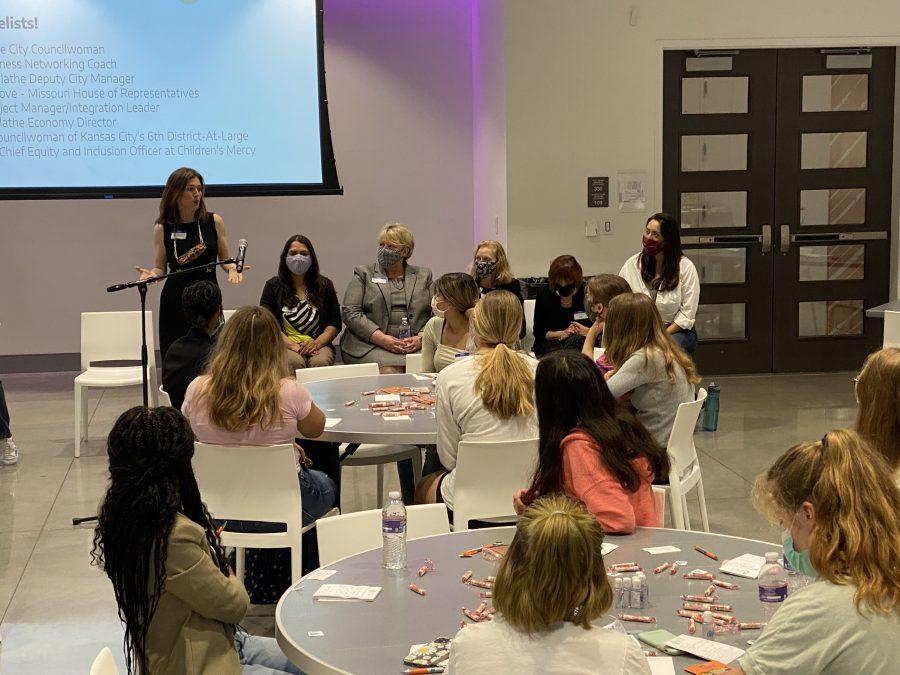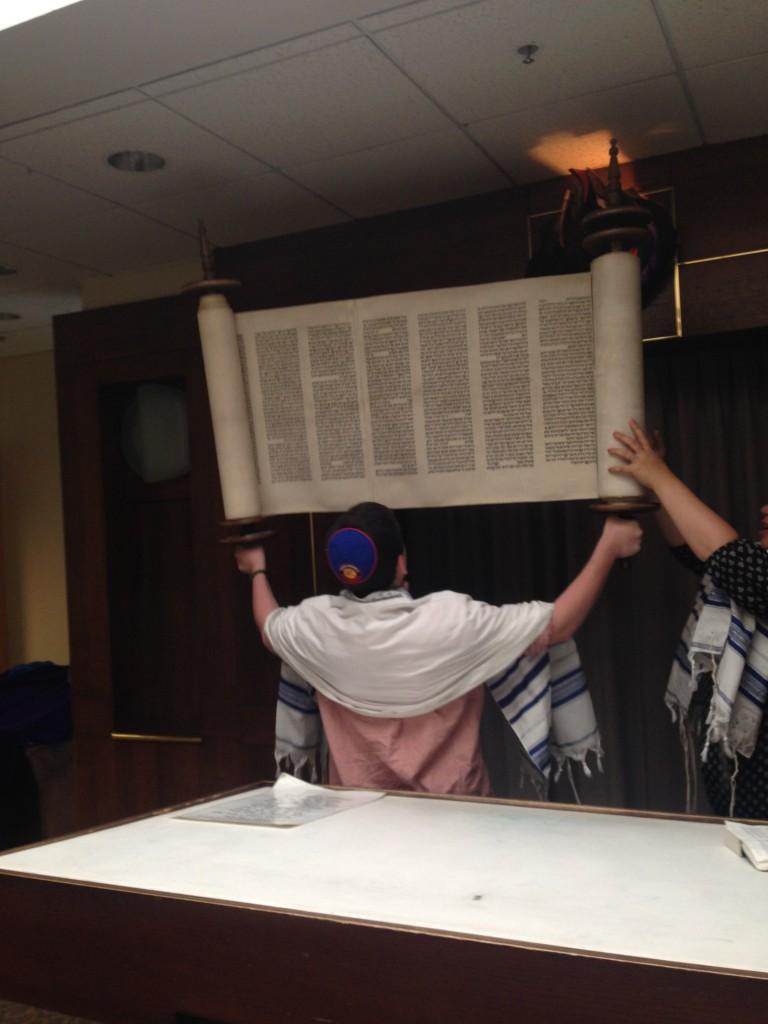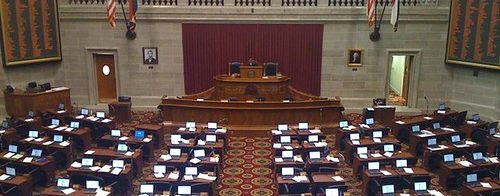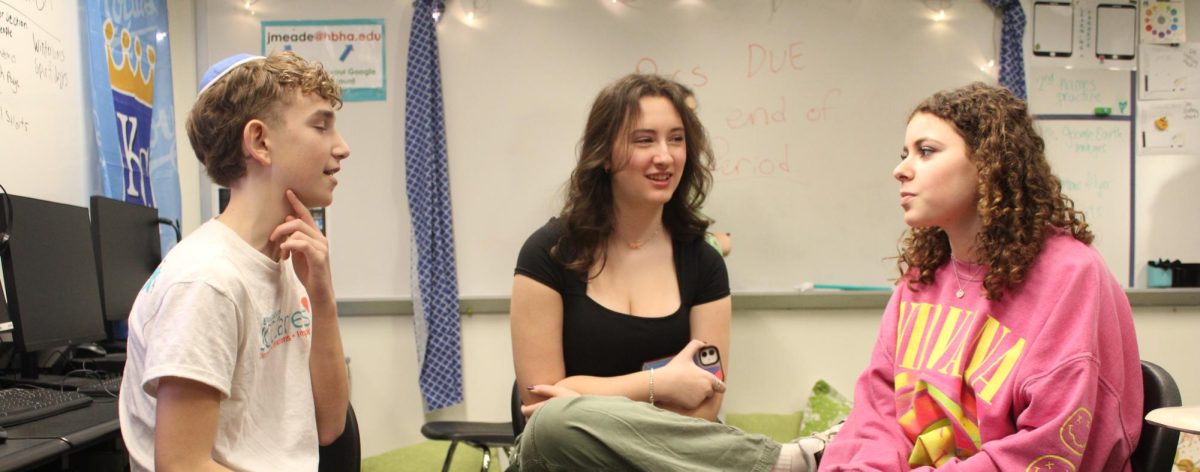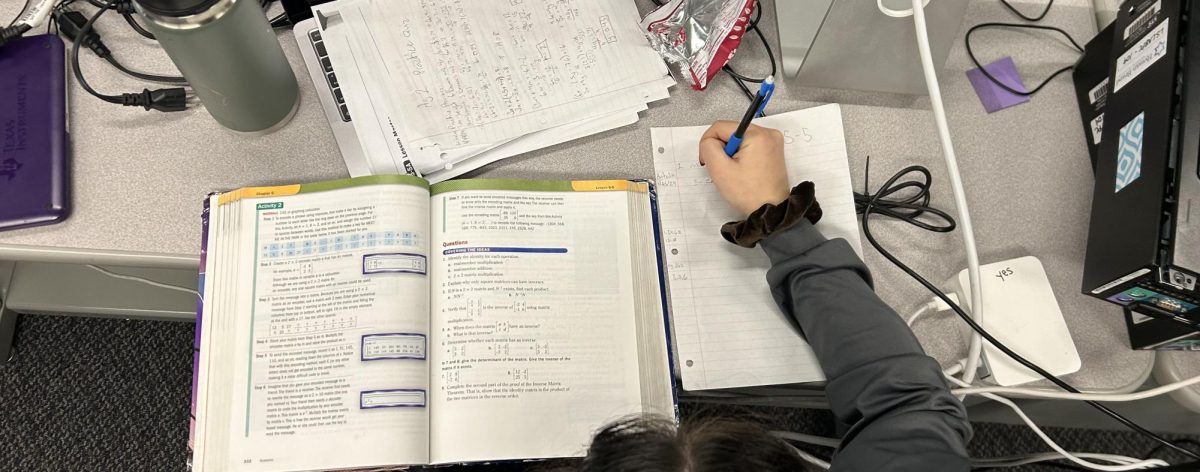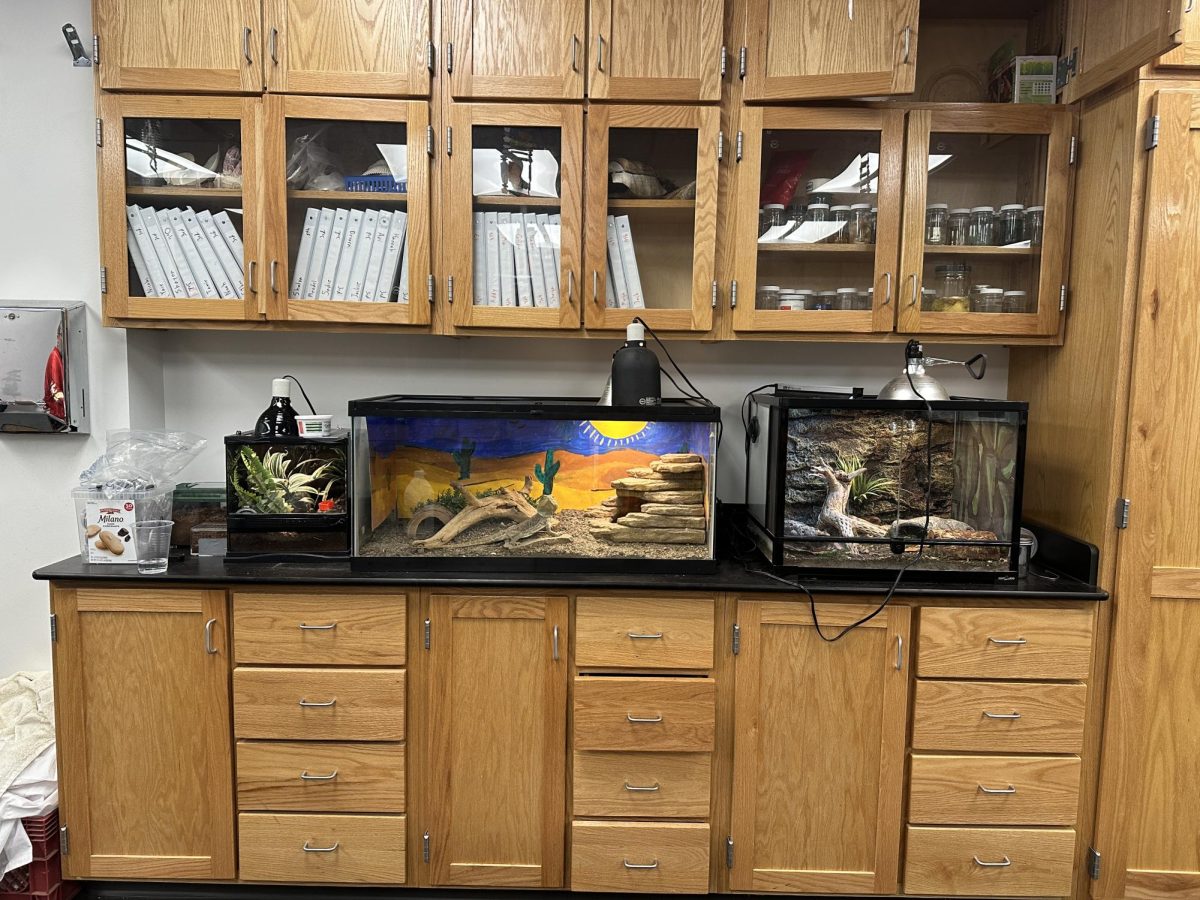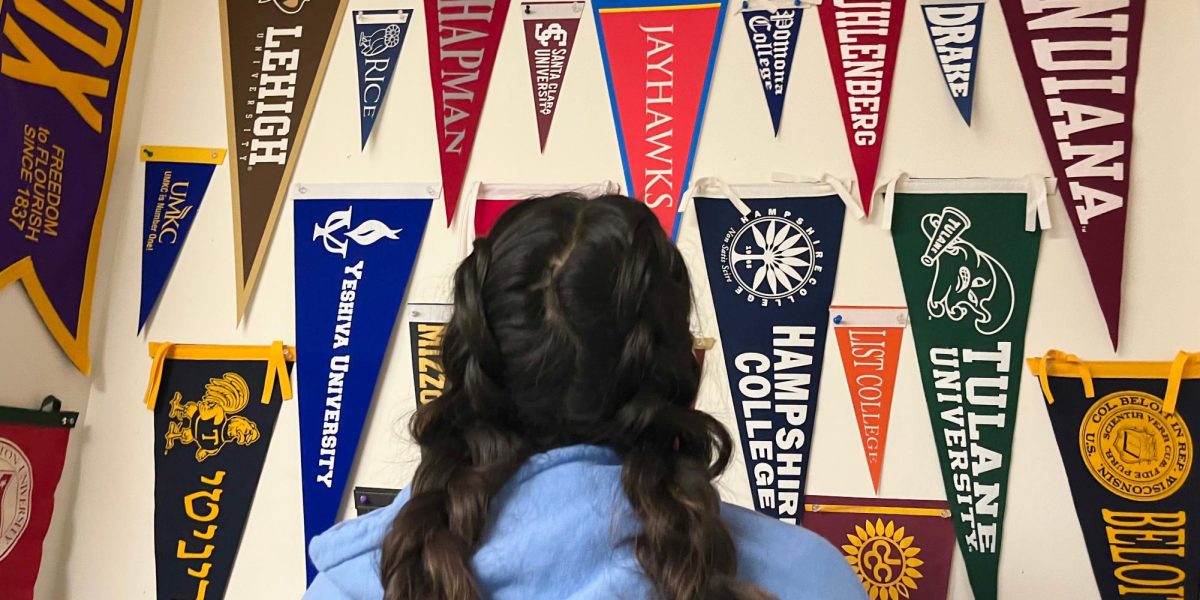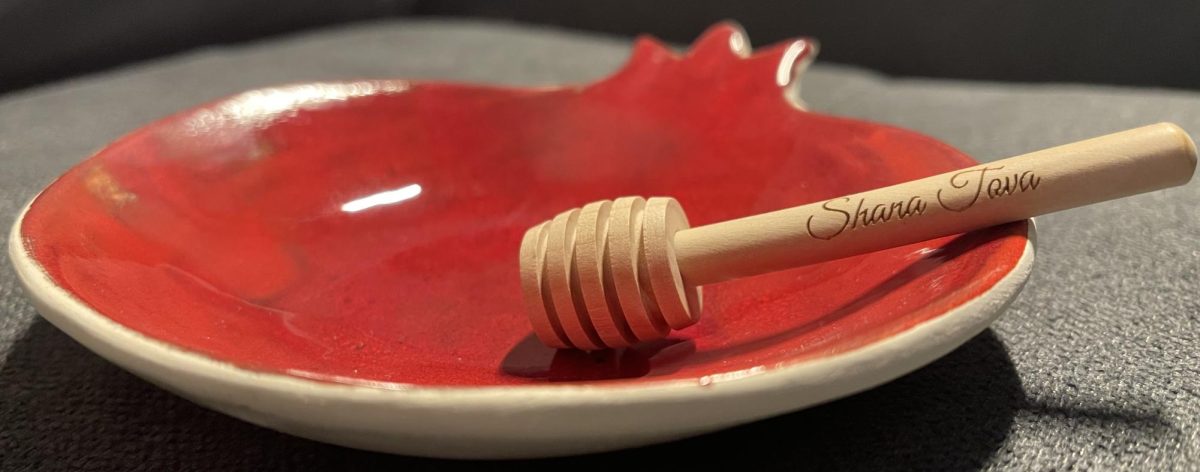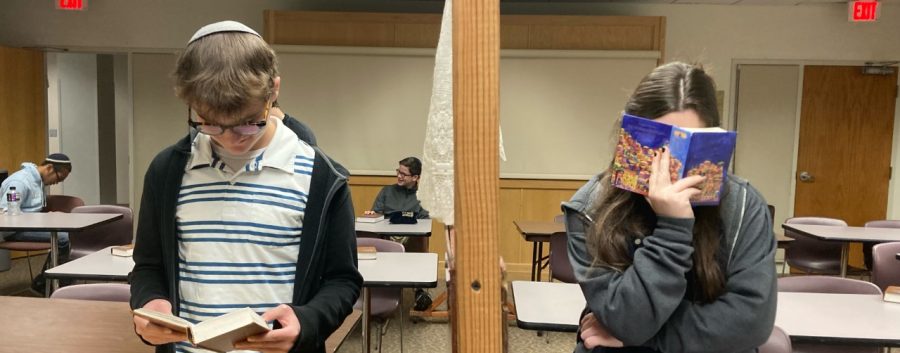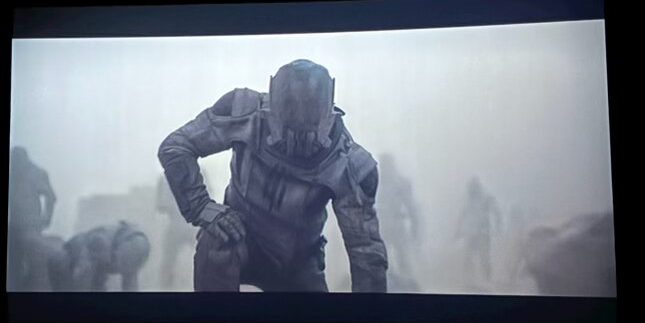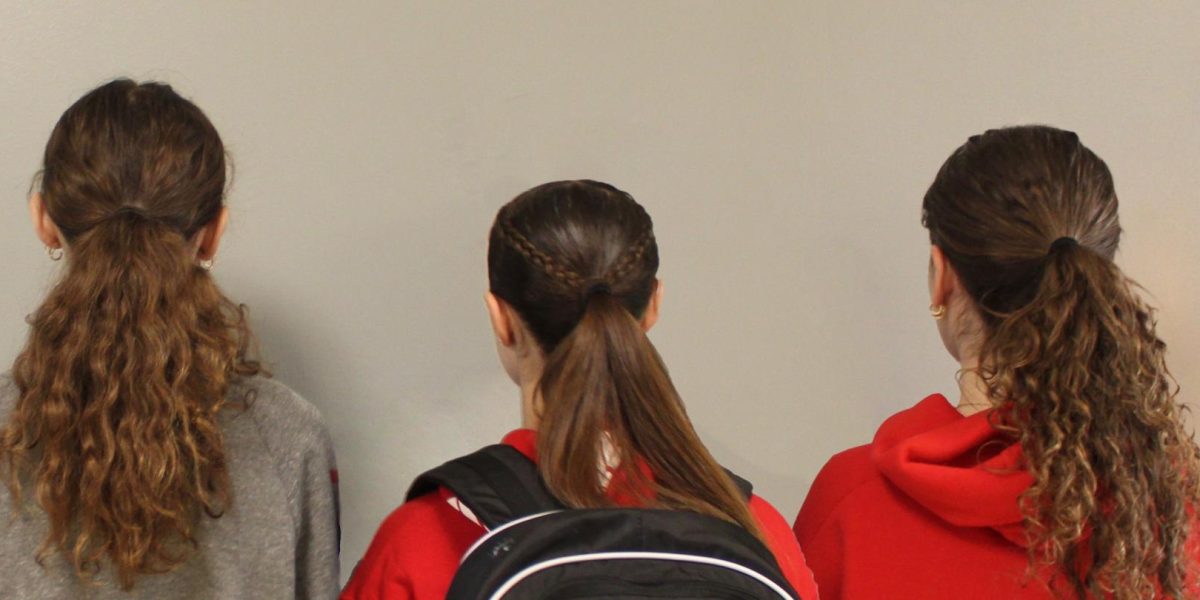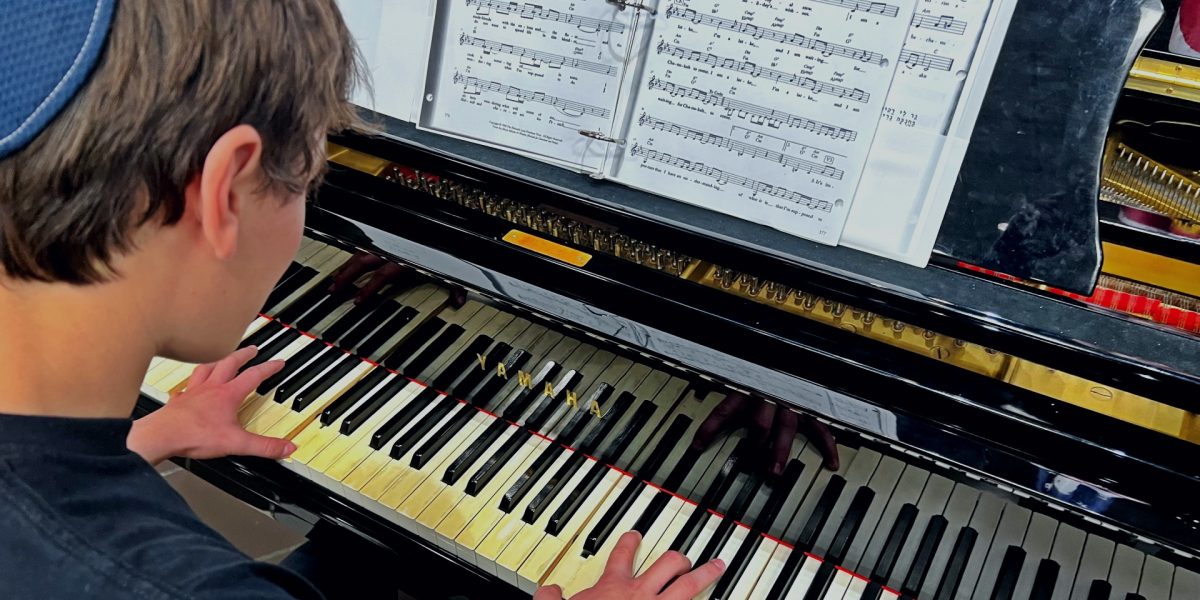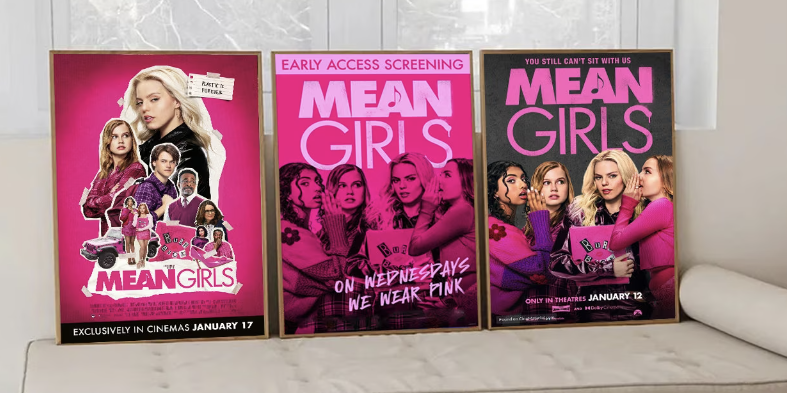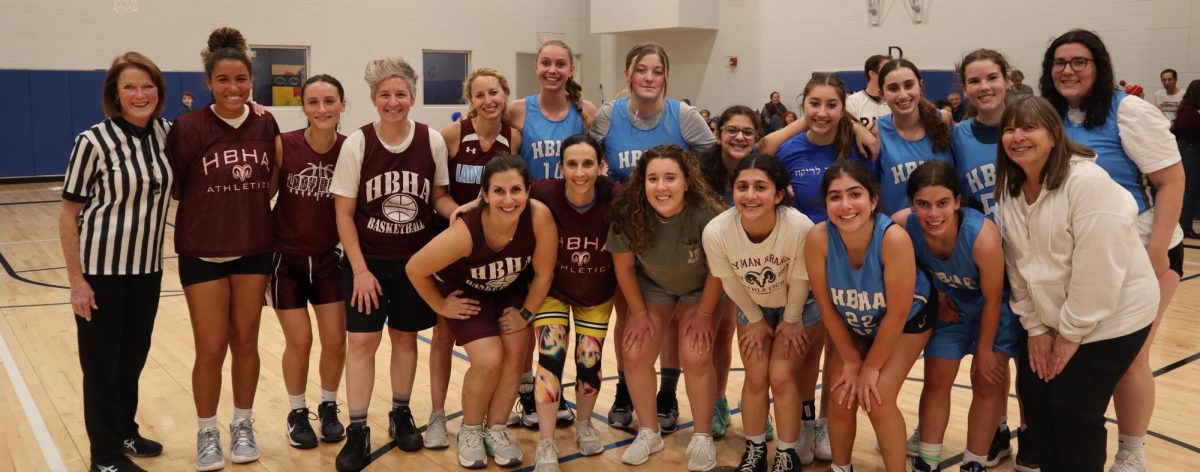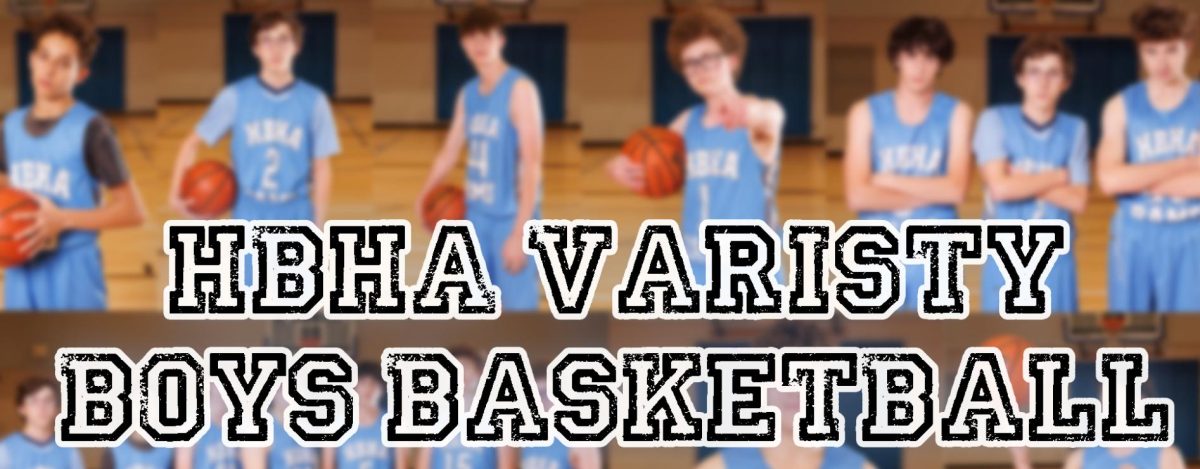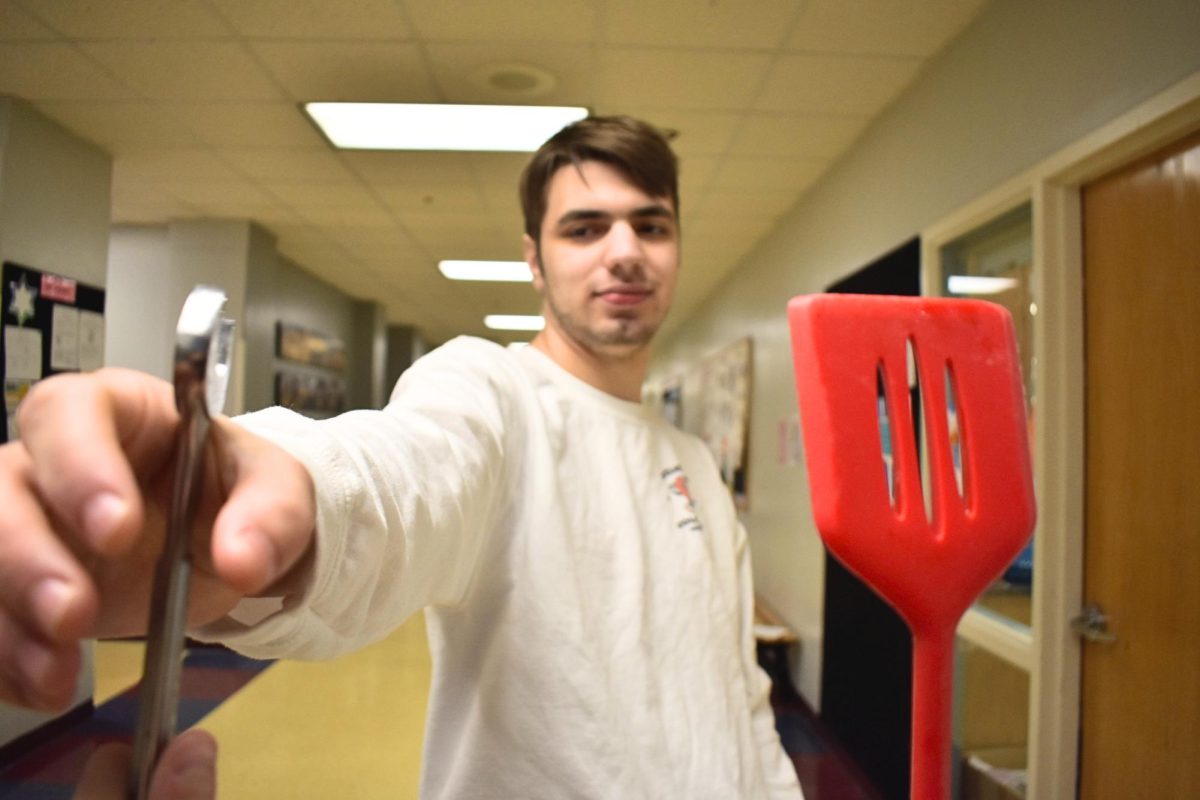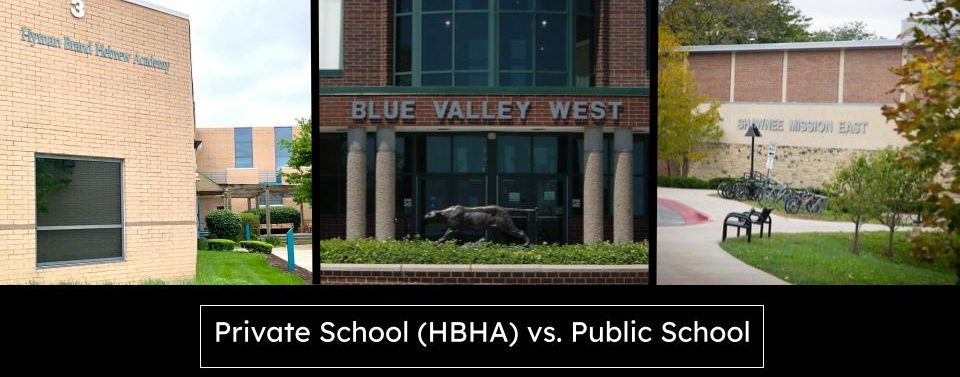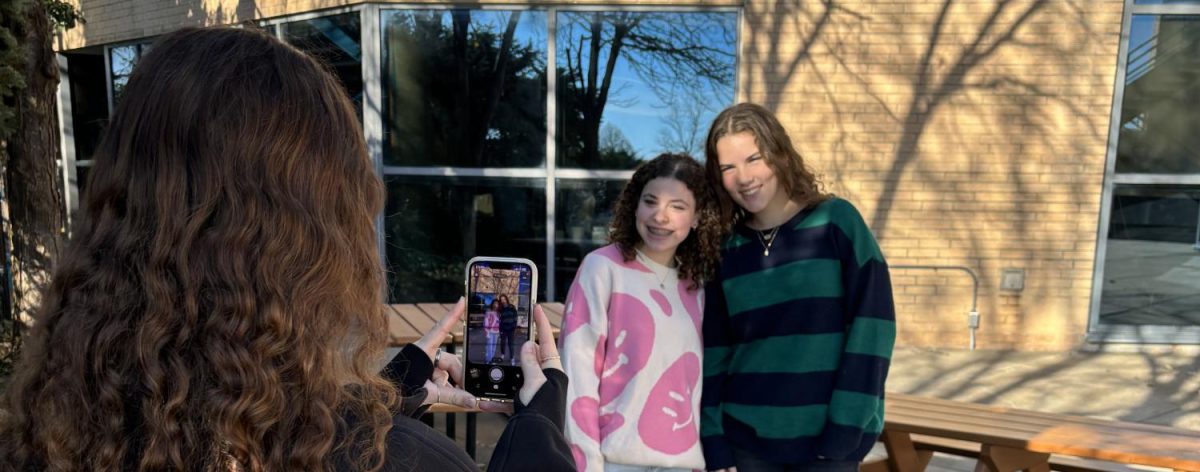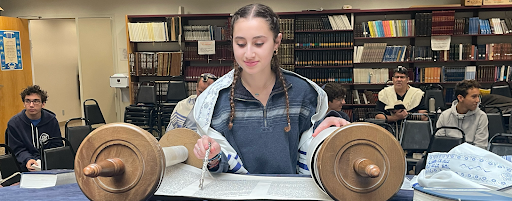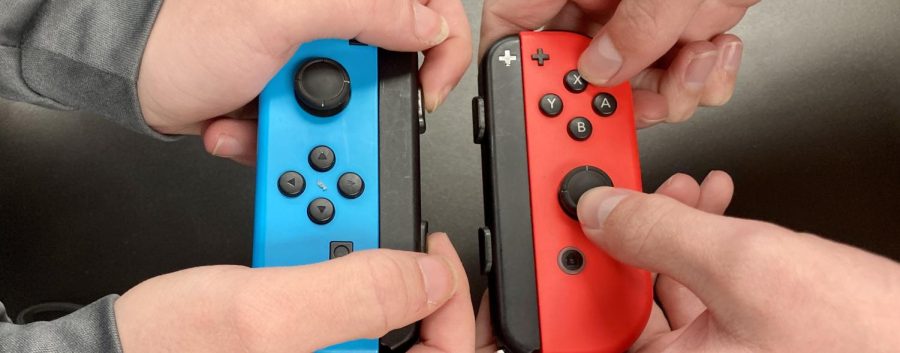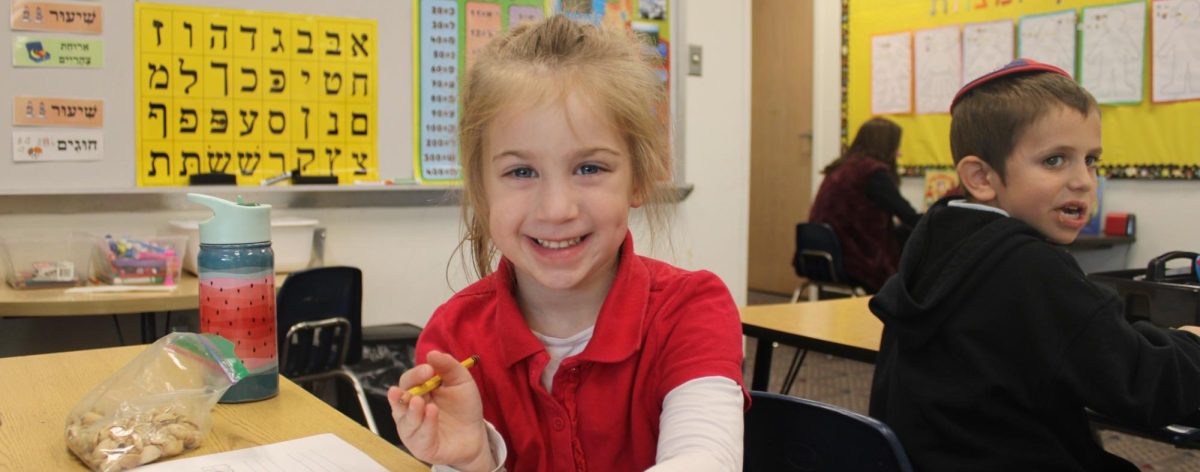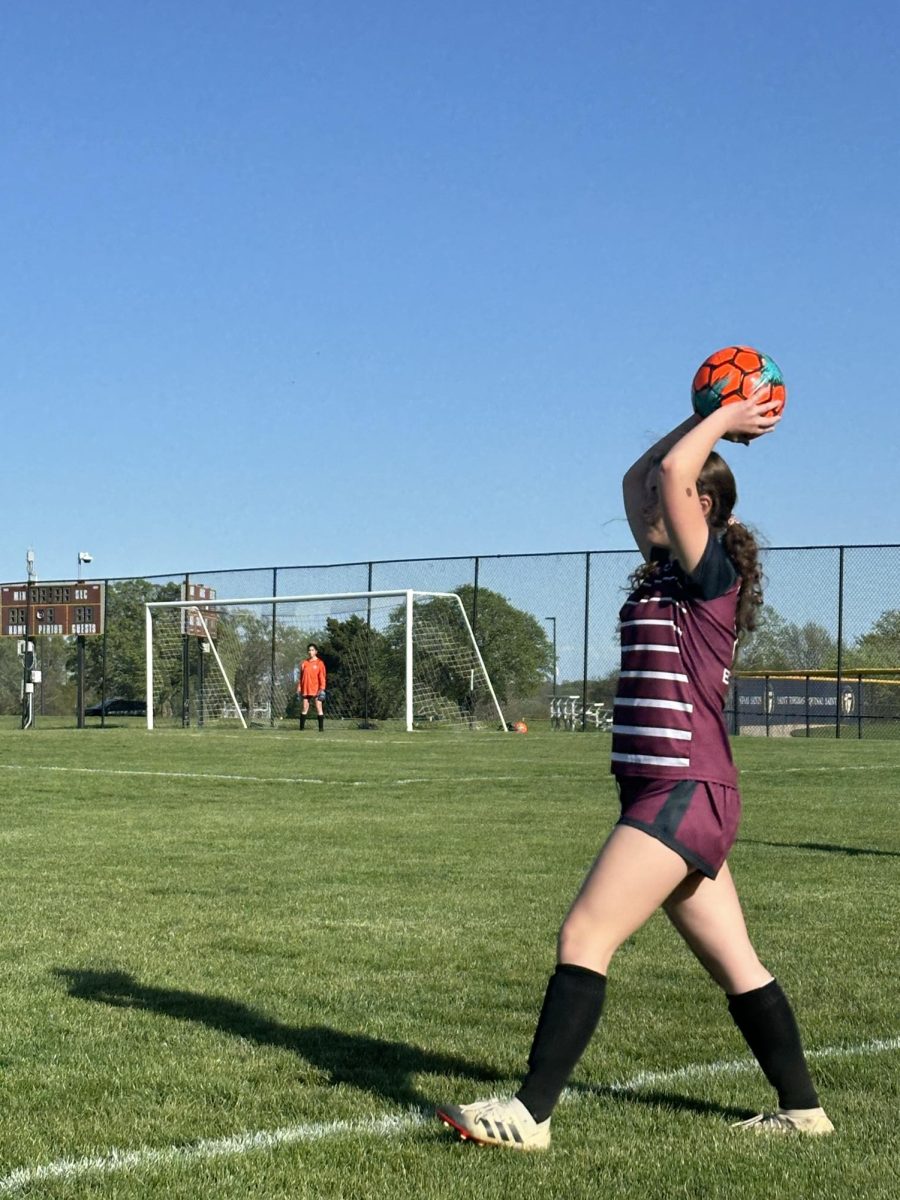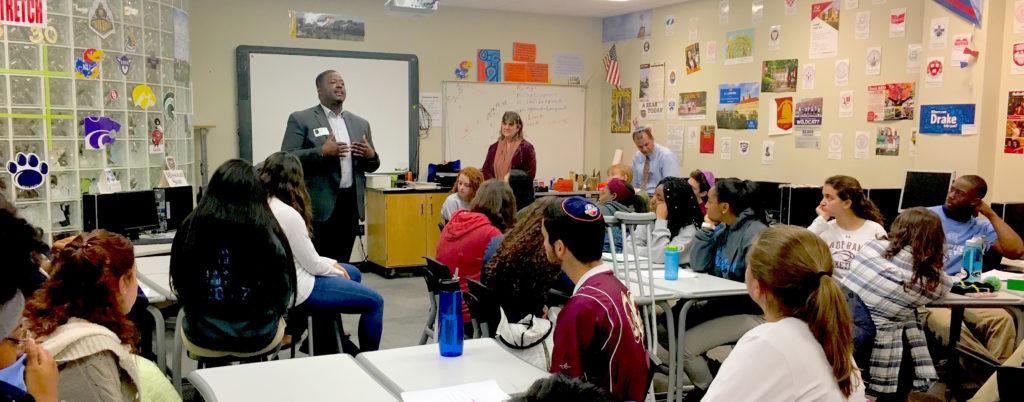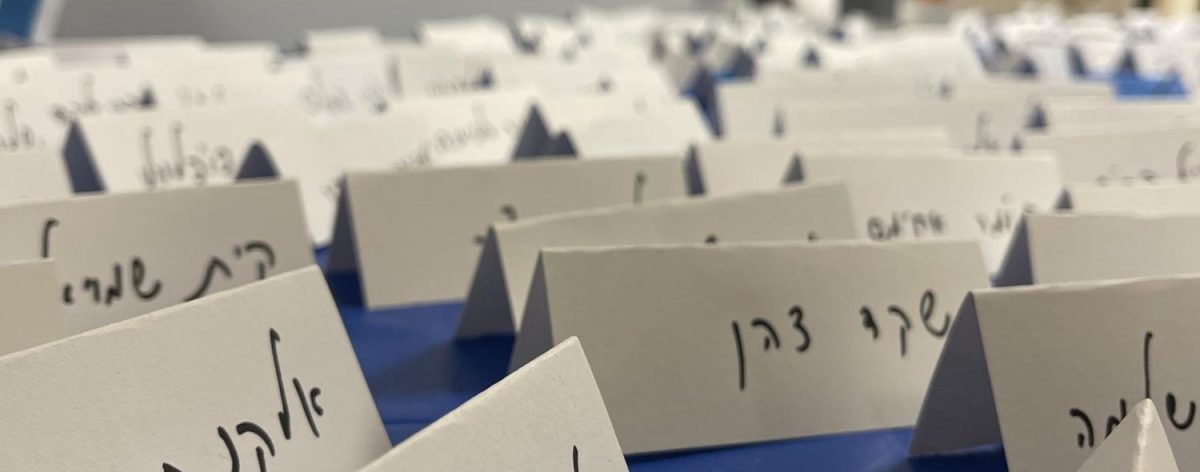Slider image by Zohar Flacks.
Two months after Netflix released 13th, a popular documentary exploring racial issues in America after the ratification of the 13th Amendment to the Constitution, HBHA students excitedly prepare for a social justice project aiming to tackle the issues surrounding racial bias around the Kansas City (KC) community.
More than 150 years have passed since the enactment of the 13th Amendment which abolished slavery. Still, racial tensions, discrimination, and violence continue to stain American culture. Though the amendment was a monumental step towards racial equality, it includes a clause allowing forced slavery of convicted prisoners — a remnant twisted by 19th-century law enforcements to unfairly arrest thousands African-Americans, forcing them into continued work as jailed slave laborers in order to slowly ease Southern states away from a massive, deeply-ingrained slave economy. This exploitation of African-Americans by American law enforcement is one of the roots of today’s raging issues of mass incarceration and police brutality. News of this kind of systematic racial injustice dominates conversation, headlines, films, and music.
Netflix’s new documentary, 13th, brings it even further into the spotlight. Directed by Ava DuVernay and featuring, among others, Civil Rights activist Angela Davis, Equal Justice Initiative founder Bryan Stevenson, University of Connecticut Institute for African American Studies Director Jelani Cobb, and President Barack Obama, the film is jam-packed with history, statistics, and–most poignantly–riveting personal accounts of racial profiling and systemic discrimination.
13th merited almost instantaneous acclaim. It has a 98% positive rating on Rotten Tomatoes and has already been nominated for the Inaugural Critics’ Choice Documentary Award. Many film review journals are even predicting an Oscar win for 13th this February. Undoubtedly a work of cinematographic genius, 13th does more than just wow its viewers. It leaves them shocked, appalled, and enraged at a horribly-flawed justice system.
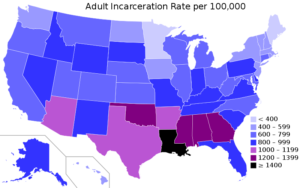
Director and co-Producer DuVernay wants her film to ultimately lead to social change. “My hope,” she said, in an interview with The Atlantic, “is that this film has much of the beautiful art that’s coming out at this time, speaks to that in a way that is powerful… It is a real movement. It hits the political spectrum, the cultural spectrum.”
Janaya Khan reaffirms the urgency of the anti-bias, anti-racism movement to which DuVernay hopes to contribute. Khan, the co-founder of Black Lives Matter Toronto, spoke earlier this month at the University of Missouri, Kansas City (UMKC) about the Black Lives Matter movement and its intersectionality with other leading social issues around the world and country. Khan asserted the necessity of working with community organizers.
“We need to reach out to our local leadership,” Kahn said. “Be down with local organizers, because it’s local organizing that changes the world.”
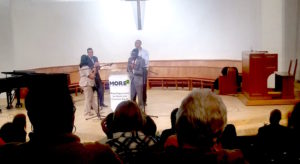
At the community level, many local organizations, including the Metropolitan Organization for Racial and Economic Equity (MORE2), believe that part of the cure for a racially-biased justice system is a review system of the police by citizens. Kansas Citians currently rely on a Police Board of Commissioners to organize the reviewing and assessing of any potentially unjust instances of police bias. As one might imagine, police members investigating their own peers do not always work in favor of the complainers. Because of this, many other cities, including St. Louis, changed their police review system to a Citizen Review Board- a similar commission, but run by unbiased citizens.
With this goal in mind, HBHA high-school-students have already begun a social-justice program dedicated to advocacy for this change in the way police deal with complaints. In partnership with KC, MO-based University Academy (UA) and MORE2, HBHA students hope to successfully advocate for a citizen-review board to assess any misconduct or potential racial bias of KC police officers.
Advising the student-led project is Lora McDonald. McDonald has worked as a social worker in underprivileged communities, at a state correctional facility, with foster-care and adoptive services, and now as the MORE2 Executive Director. She has dedicated most of her life to combating inequity.
She describes a turning point in her experience with prisoners at the Boonville Correctional Facility for Men. “One day, I was meeting with one man. He was from KC, I grew up near here. He was my exact age, 21. Our moms both had the same first and middle name, Patricia Ann. They both were nurse’s aides. Our dads both did construction. Both our dads left the family when we were pre-teens. As a result, we both were angry and got involved in crime. I had police, several times, tell me to go home. He had police arrest him. In that moment, talking to this man in prison, I really saw it before me: I get sent home and go to college, but we have otherwise had almost the exact same type of life. The only real difference was I was white and he was black. In that moment, I decided to do something about the unfairness, the inequity of all of that.”
HBHA students feel a similar drive to pursue racial justice. In an in-depth hands-on Civil Rights program, juniors and sophomores were able to experience the history of racial discrimination much more closely last spring.
Junior Jacob Bell remarked that he “knew racial bias existed, but the Civil Rights project gave me more information and showed that it is much more prevalent than I originally thought. I feel like we have a responsibility to bring the issue more into light, then get out and make a change.”
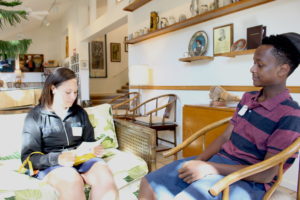
The change Bell and his peers hope to achieve is a straightforward goal for McDonald.
“The only solution to all of this is for the people of the communities to become more involved in what law enforcement looks like and how it is governed. So, our idea of a civilian review process came about because there needs to be folks taking a look at police actions and deciding a different standard of what is acceptable use of force– a look at trends in certain patrol divisions or with individual officers, such as complaints of racial profiling or bias.”
Mike Abrams is an HBHA parent and member of the Independent Citizens Advisory Board Regarding Racial Profiling and Non-Biased Policing for the Overland Park Police Department. He was asked to join this citizen review board in 2005, after a statute was added to Kansas legislation that instructed– well, suggested, really– Kansas racial bias complaints to be submitted to “community advisory boards which include participants who reflect the racial and ethnic community.”
Abrams explains that: “The complaints are first investigated by the Internal Affairs Staff of the police department who make an initial recommendation to the Board of whether the incident involved racial profiling or biased policing. After the hearing the Board votes to determine whether there is a finding that the police action was or was not biased. The decisions of the Board are of public record, but its deliberations are not.”
Though an internal police staff vets the complaints early in the process, the addition of a Citizen Advisory Board in Overland Park, KS, is a step in the right direction, according to Abrams. “I have found that the existence of a Citizens Board is of great benefit to our community,” Abrams remarked. “The police get the benefit of hearing from the community regarding its practices and the community gets the benefit of having an independent review outside of the police department”
HBHA and UA students hope to be part of the grassroots momentum in an even bigger leap on the other side of State Line. In Kansas City, MO, where the sparks recently ignited in Ferguson and across the country have yet to metastasize into violent protests, it is imperative for them to work towards creating a possible antidote for some forms of racial bias.
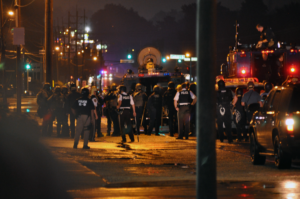
Riots and protests in response to the 2014 shooting of Michael Brown continue to materialize less than 4 hours away from KC in Ferguson, MO. Courtesy of Wikipedia Commons.
Though the road to fixing an imperfect review process will require many hours, research, and meetings with current Board of Police Commissioners members, McDonald hopes that HBHA and UA students will internalize the fundamental ideas of their Social-action project.
“More than anything,” she insists, “I hope you gain these things: A clear understanding that inequities are advanced through public policy, that we have the ability to change that, that those of us who are white benefit from privilege and that we need to challenge that every chance we get, and that we cannot leave change to elected officials– we must take democracy more seriously than voting once every few months– we have to demand action and accountability and change.”
That “we,” according to McDonald, can and should include far more people than the students of HBHA and UA. That “we” extends beyond the schools and MORE2 task forces, past the borders of Missouri. Khan too believes that the issues and goals McDonald outlined are critical for anyone and everyone alive today.
“Our time is an anchor point in generations to come,” said Khan. “We will be the ones exalted, owning the time that we’re in, becoming heroes for each other… or we will be the greatest disappointment of our time.
That is our responsibility.”

